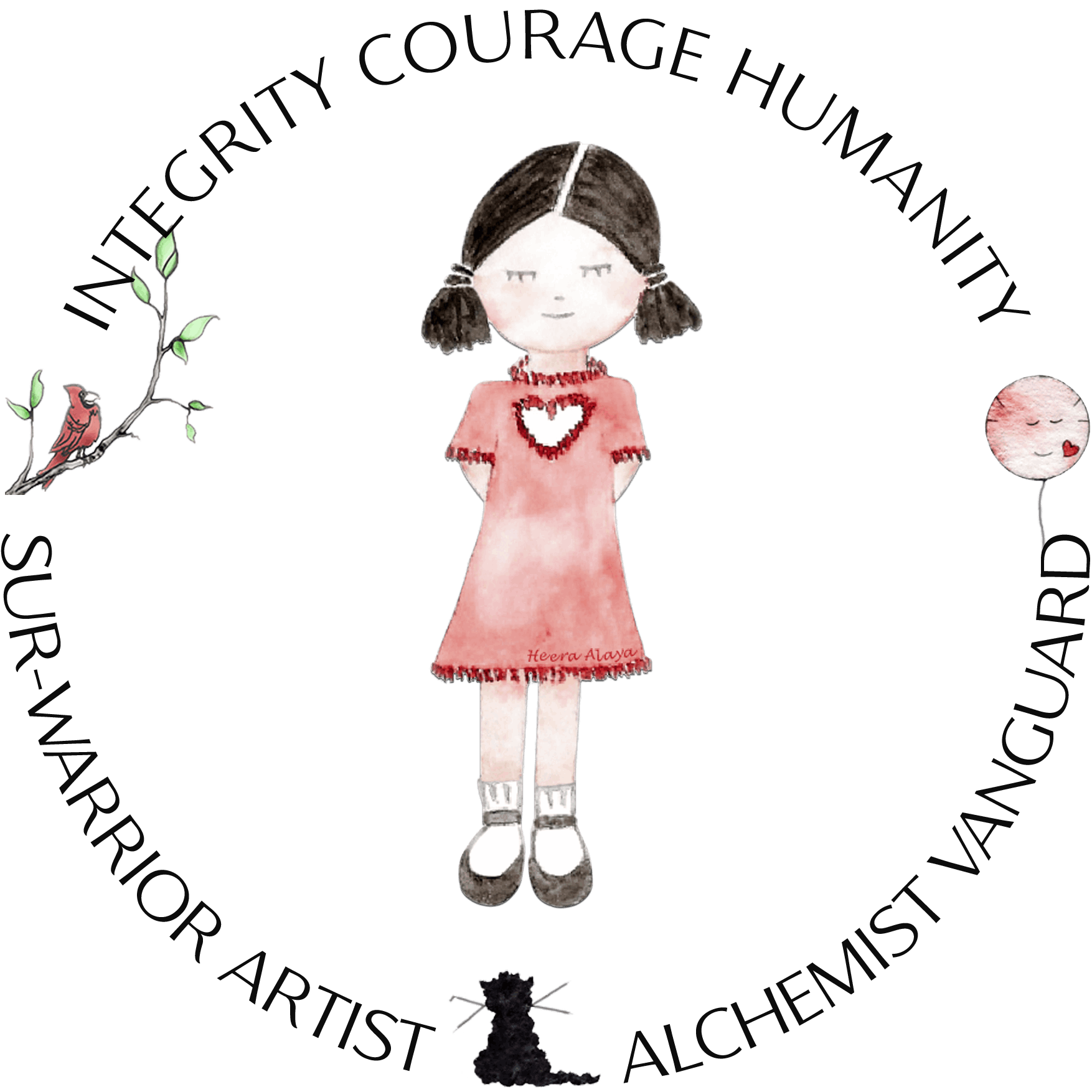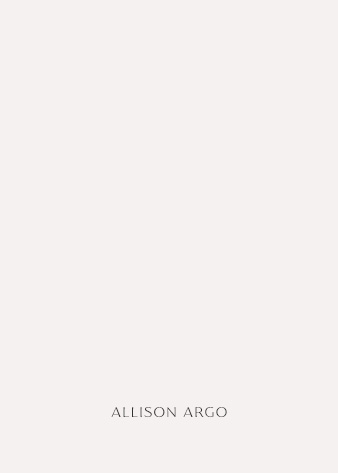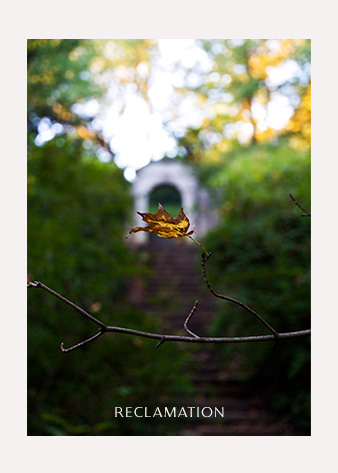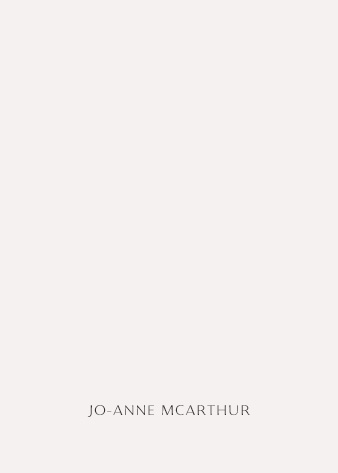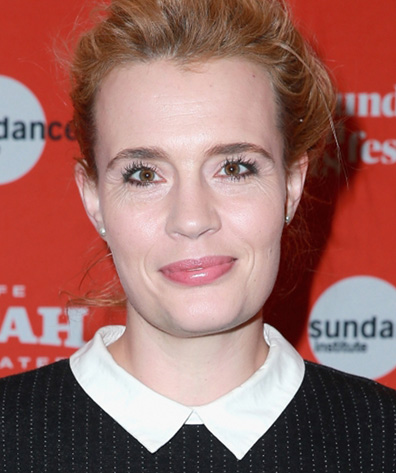
“Stripping away Edith’s personality
made her believe she couldn’t live without them;
this is manipulation by people who enslave others.”
BERNADETT TUZA RITTER
Independent filmmaker, HU
April 12th, 2021
OPEN WINDOWS | In Conversation
Bernadett Tuza-Ritter is a Hungarian independent filmmaker of creative documentaries and fiction. The editor of several features and documentaries, Tuza-Ritter studied directing and editing at the University of Theatre and Film Arts Budapest. Tuza-Ritter’s well-constructed, sensitive documentary, A Woman Captured, set in rural Hungary [Central Europe], showcases her protagonist trapped in modern-day domestic servitude. A Woman Captured, Tuza-Ritter’s first documentary, was nominated for Best European Documentary at the European Film Awards 2018 and Best Documentary at Sundance Film Festival 2018 and won multiple awards, including the 2018 Hungarian Film Critics Award (Best Documentary), 2018 Millennium Film Festival Brussels (Objectif de Bronze/Best Film for Human Rights) and Golden Athena Award for Best Documentary.
Heera Alaya: The concept of your five-minute film—a school project—was to show only one face. How did the theme eventually transform into A Woman Captured, a documentary on enslavement in rural Hungary?
Bernadett Tuza-Ritter: I met Edith [Marish was the given by her captors—Eta and her family] by chance a few years before I started shooting and noticed her face was interesting. I knew Edith was working somewhere, but I wasn’t sure of the circumstances. A few years later, when I had the school project, I asked permission to shoot for only a few days with Edith. After a few days of shooting, Edith told me that she was not only not paid for her services but also sent to work in a factory, and she handed over her salary to the family [Eta’s]. This unpaid labour and handing over wages from another job were the first signs that something was wrong.
When I applied to the Hungarian Film Academy to study documentary directing and had to make a film on a day of a person, my idea was to make a short film on Edith. Since she had mentioned a few things, I wanted to follow up with Edith. So, this is how the documenting started.
What made you want to direct, and how did your time assisting others in direction and scriptwriting prepare you to helm A Woman Captured?
I wanted to direct since I was sixteen. I applied to the Hungarian Film Academy several times, but they never took me as a director, so I decided to study editing first. During ten years of editing and working as a script supervisor, I learned a lot from other directors and professional filmmakers in many fields.
When I started this film, I had ten years of experience in the film industry. And though I didn’t feel like a first-time director, I heard this often (especially from the financiers): “Why should they trust a first-time director?” This negative attitude was annoying, but I kept moving forward with my ideas. Simultaneously, I reapplied to the Film Academy to study for a Master’s in documentary directing, and they accepted me.
Does balancing multiple hats—writer, executive producer, director of photography and editor—come naturally to you, or did circumstances lead you to learn several aspects of filmmaking, which have now become essentials you handle well?
Circumstances led me to be in several positions. With my documentary [A Woman Captured], the access to my protagonist was based on trust, and the family [who enslaved Edith] didn’t let other crew members into the house. In addition to doing the camera work, I had to finance the filming myself, as I didn’t have producers till the escape scene [when the protagonist escapes from her captors]. During the post-production, I tried to work with other editors, but in the end—having worked as an editor for ten years prior to filming this documentary—it was easier for me to handle the editing. Also, having worked as a script supervisor on several features made being on set familiar. But I felt grateful when producers and other crew members came on board.
How do you select your cast?
The cast is the most essential aspect of a film. Fifty percent, if not more, of the film’s success depends on the cast. I don’t know how to express what I look for, but I like characters I can imagine in cartoons—who are exaggerated in some way. And it’s also essential to be natural and photogenic.
I learnt that you filmed with one camera, which you held for the first time. How did working solo benefit the relationship development with your protagonist and storytelling?
Working alone was the only way to gain Edith’s trust and get close to her. So it was positive to hold the camera in my hand—I could react to her moments immediately.
When I work with a DoP [Director of Photography], I still miss holding a camera in my hand. By doing the camera work myself, I can express my thoughts precisely. But of course, the result is not as beautiful as when done by a professional DoP.
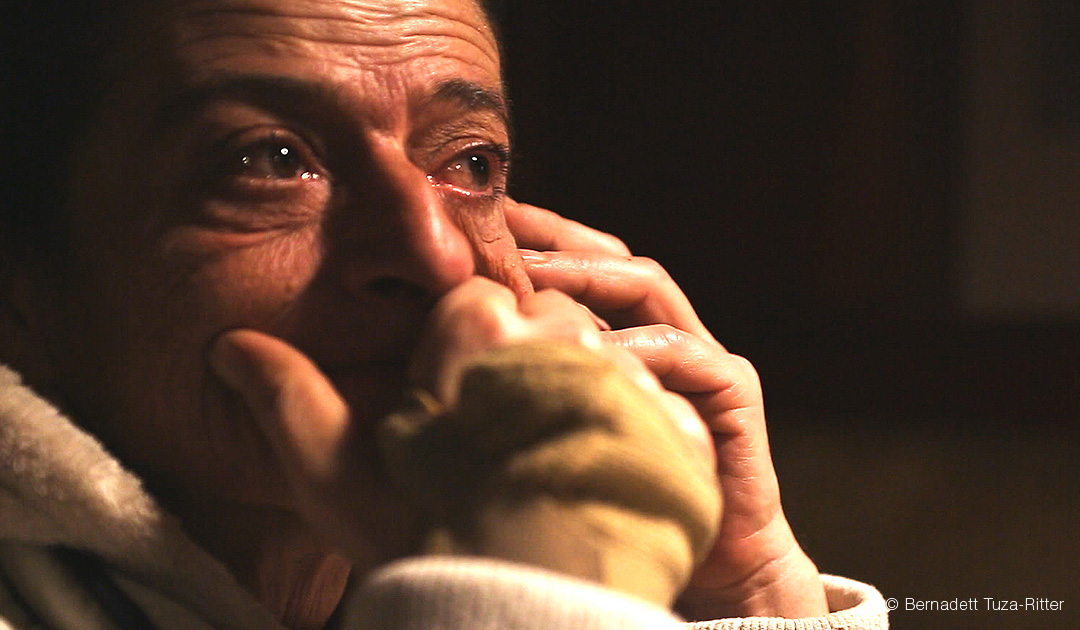
In A Woman Captured, the natural sounds (along with close-ups) amplify the narrative. What were your instructions for the background score to ensure it doesn’t overpower the natural sounds?
My only instructions were that the music must be natural, focus on the protagonist’s emotions, and not become more important than the film. The last score is an opera, which I decided to use at the end of the film.
You intentionally had to work with close-ups in your film A Woman Captured. I noticed a similar emphasis on close-ups in your film Just the Way It Is. What is at the forefront when you plan your storyboards and frames?
I wanted to bring the protagonist’s [Edith, the enslaved woman] emotions as close as possible to the audience to understand her feelings, so I decided not to focus on anything else but her. And close-ups worked well with the circumstances, as the family didn’t let me show everything. With Just the way it is, I had to start shooting the same day the producers asked me to make the film, and I had only five days to shoot, so I didn’t have time for any concept. Focusing on emotions has always important for me.
Why is focusing on emotions important to you?
Simple storytelling doesn’t interest me; it’s always more interesting to show how a person feels in that moment, depending on what’s happening to them. Since this was my original idea, by deciding to use only close-ups, I could go deep into the story and help people understand my protagonist’s feelings and what it feels like to be in her situation.
How do you balance your personal empathy and professional responsibility?
It [striking a balance] was not as difficult as it seems because I listened to my heart and placed my protagonist first and my film second.
I wanted Edith to feel comfortable in my presence and told her at the beginning that if she didn’t want me to film something, she had the right to stop me; I would put down the camera. When I had the final cut, Edith was the first one for whom I screened the film at home—for her to voice if she didn’t like any part of the film or if she wanted something changed.
Your film’s arc takes us from darkness engulfing an exhausted, enslaved person to light lifting a joyful woman. Were you able to plan the film’s graph knowing the unpredictable unfolding of your protagonist’s life?
I always had a plan, but it constantly changed. Before the day of the escape, I went to some places beforehand to ensure we would be safe if Edith decided to escape. Also, as I wanted Edith to make all the decisions; I asked her which direction she preferred to escape—towards Budapest or the country. I tried to make new plans depending on her [Edith’s] decision.
What does it take to deal with the unexpected constantly?
I always enjoy improvising on set, so I had no problem with constant changes. Of course, there were moments when I wished I could have a sound recorder or someone because it was difficult to organise everything on my own while attending school and working—to invest in the film. I was running from one place to another, but the freedom it afforded me was far more important. I was in touch with several people during the shooting who helped me at times.
You worked on your documentary for nearly two years while working three jobs. How did you retain your focus on a profound subject?
It [retaining focus] had to do with the fact that I am an experienced editor—I thought like an editor on set. While filming [Edith], I was editing someone’s feature, which helped. I also finished school during the same time, so I knew how to focus on the cuts and my storyline when it came to post-production. Whether working to earn money, studying at school, or filming my documentary, I have always worked with films, making it easier to remain focused. Sometimes I screened some footage for my teachers and classmates to get their feedback, which helped me greatly. Sleep was difficult—I hardly got a few hours a day.
After watching your film, I learned that your protagonist’s real name is Edith (not Marish). How does changing a person’s name affect them?
Changing a person’s name is a common practice by people who enslave others. Taking away their slave’s identity is a psychological aspect. I witnessed that Eta and her family made Edith dependent on them—she had stayed with them for ten years—by taking away her identity card and papers, but they also took her personality. This stripping away of Edith’s personality made her believe that she couldn’t live without them, and I think this is part of the manipulation by people who enslave others.
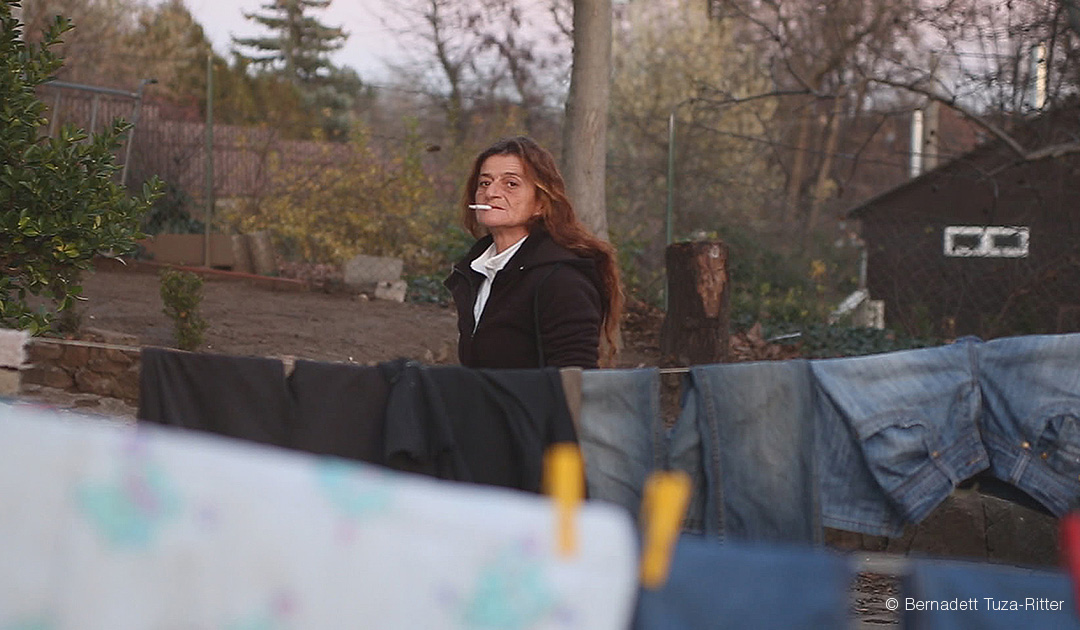
What is the aftermath of enduring years of abuse and intimidation, as you witnessed in the case of Edith?
This [abuse] is something you can’t forget when you are in a situation like that for ten years. Maybe she [Edith] will always be in post-traumatic (stress) syndrome.
I was happy that Edith found a place at a social organisation, but at the same time, I think she didn’t spend enough time there (she left when her grandchild was born) with access to a psychologist. One year to work on this deep trauma level is insufficient; victims need a much longer recovery.
Edith is exceptional and has a strong personality, which immensely helped her. And she had my support.
How do we participate in making victims invisible?
This [question] is a difficult one. It was also a coincidence that I met this topic [modern-day slavery]; I wasn’t looking for it.
When I made this film and told my friends and colleagues about the topic of modern-day slavery, many said: “Oh, I know someone from my childhood who lived in the same village, and maybe she was a victim too.” There are many victims around us, but it is difficult to recognise them as enslaved people. Perhaps also, we don’t want to talk about slavery, so open discussions help.
And as you saw in my film, no one could help her [Edith]. So, there must be a social system to help people in trouble. The correct information must reach victims in places closed down from the outside, where no one can enter the house and enslaved people don’t even know there is help. Usually, they don’t have a phone or access to the internet. So if the information can go into the house, by radio or messages on food boxes (for example, a milk carton) or things like that, it would help enslaved victims a lot.
We also need to report enslaved victims when we see them. And when people are aware of the existence of this phenomenon, we can help.
Equally important, it helps a lot when we don’t judge victims. I was travelling a lot with the film, and I saw people judging the victim: “It’s her fault,” or “In her situation, I would’ve gone away easily”—and if only people didn’t do that, it would be so much easier for slaves to decide to try to ask for help and to break free.
Edith worked a 12-hour factory job and handed her meagre wage to Eta, her captor. Why?
Edith didn’t have a place to live, so she had to hand over her salary to the family [her captors]; if Edith didn’t, she would have been further abused (and she was physically abused too). Since the family [Eta’s] knew where Edith was working and could find her quickly, she would have to change jobs. And it could be a week or a month before Edith found another job; without money, she couldn’t do anything.
It’s impossible to leave [the captors] easily; Edith needed to change her whole life. And if you think about how hard it is to make some decisions for us—not our entire lives—but only some parts of our lives, you can understand how extremely difficult it can be for Edith to make this decision.
True.
Trust is intrinsic to your documentary and the positive outcome for your protagonist. Apart from not judging Edith, what qualities of yours earned your protagonist’s trust?
At the beginning of filming, it was important to let Edith know that she could tell me to stop filming anytime. Initially, I didn’t ask anything; instead, I patiently waited for her [Edith] to open up, constantly checking on her feelings: Is she okay?
It took a lot of time to get close to Edith and get her trust because she felt ashamed to talk about the abuse she was enduring. I never judged Edith, which made her feel comfortable trusting and opening up to me.
At one point in the film, you ask Edith if she is upset about you paying Eta to film, to which she declares: “I am not doing this for money…I am happy that you are shooting this. If you manage to screen it just once, a few people might realise how people shouldn’t be treating one another. That everyone deserves respect, even those who have lost everything. They shouldn’t be hurt; they should be helped. I’d surely do that if things were the other way around.” What did you make of this powerful insight from an enslaved woman—Edith?
It [Edith’s declaration] was a crucial moment because she realised that the documentary and moving towards escape was not only about her; it’s something more.
We [the filmmaker and her protagonist] talked in general about how a person should treat another and that I disagreed with the abuse inflicted on her. At the same time, I told her not to be scared and that she had my support—that if she decided to escape—I could not give her money or a flat—I would stand by her. And by telling her that she could live on her own, she started to believe in herself. These conversations helped Edith see herself from outside the situation—she began to see the bigger picture. Hearing her [Edith’s] larger-than-life statement was a remarkable moment.
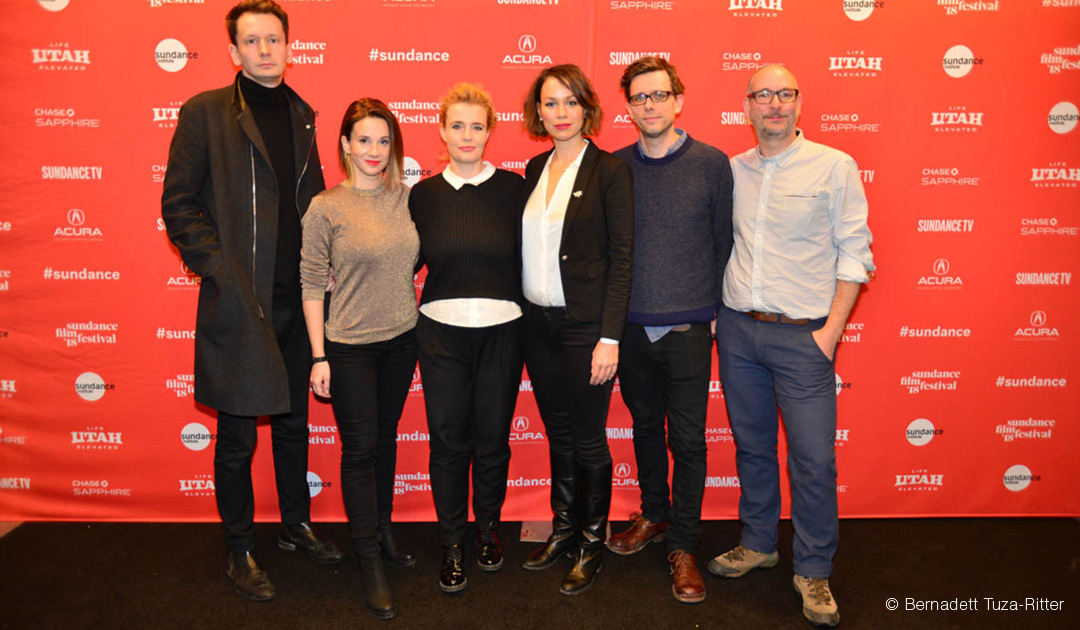
What role did your shared gender play in bringing you and your protagonist closer and moving the film ahead to the point of Edith escaping?
Being a woman made it easier for me to get close to Edith than it would have been for a man. Also, Eta and her family must have assumed that I was a young woman who couldn’t do anything serious and was attempting to do something with my camera. So, it helped to be a woman.
What does your film’s protagonist, Edith, make of your arrival into her life, her newfound freedom and the audience’s response to her story?
Edith always told me I was her best friend, which was difficult for me. It was a one-sided relationship—she was not my best friend. Of course, I was important in her life because my presence in her life changed hers, but at the same time, I had different emotions towards her and felt a huge responsibility for her.
After the escape, we were in touch daily for nearly two years, and Edith needed my presence. But after a while (yes, she is my film’s protagonist, and I love her), I wanted to work on other projects, and bringing air into this relationship was very difficult.
You weren’t looking for Edith or the topic of domestic slavery. Do you believe your meeting with Edith was fated?
I believe that [in the fated meeting]. And we were lucky because there were many difficult and dangerous circumstances. But at the same time, I don’t want to be engaged with this topic for long; I want to work on something else.
I understand. Have you started working on your next project?
I have started to work on a new project, but I can’t share any details.
You make creative documentaries and fiction. How do you strike a balance between the two genres?
I enjoy mixing the two genres, and I like to use fictional elements in documentaries. A documentary should entertain like fiction. The difference between the two [documentaries and fiction] is the ethical question of filmmaking, which sets the limit of a filmmaker’s imagination while making a documentary.
Have you learnt something unexpected while documenting Edith that you didn’t while studying directing and editing at the University of Theatre and Film Arts Budapest?
Yeah. While working, you can learn much more than you do at school. I never thought about casting earlier; it’s crucial to recognise the importance of choosing the cast, which is fifty percent of the film’s success, if not more. I also learned that I must break the rules. You have so many rules at school, but when you step outside, you recognise that there are no rules apart from ethical rules.
You faced a stream of rejections. It would have been easier to make a film that appeals to producers. What made you listen to your heart and work solo?
I spoke with several producers during the shoot, and many people were interested in coming on board, but I wanted to keep my freedom. This freedom is also why I agreed with producers only after the escape. For example, some people said: “Her [Edith’s] face is too boring to watch in a close-up for an hour and a half, so you should film the others too.” Some people said I should show the family [Eta’s], or I need to film visually more beautiful, so I should call a DoP, but I disagreed. I wanted to follow my intentions and focus on how to finance the film later.
It was easier not to have producers from the beginning because I wasn’t responsible for showing them something good. I was free. I was free to experiment, and I was free to focus on my protagonist more than the film. I could do whatever I wanted, which gave me enormous freedom.
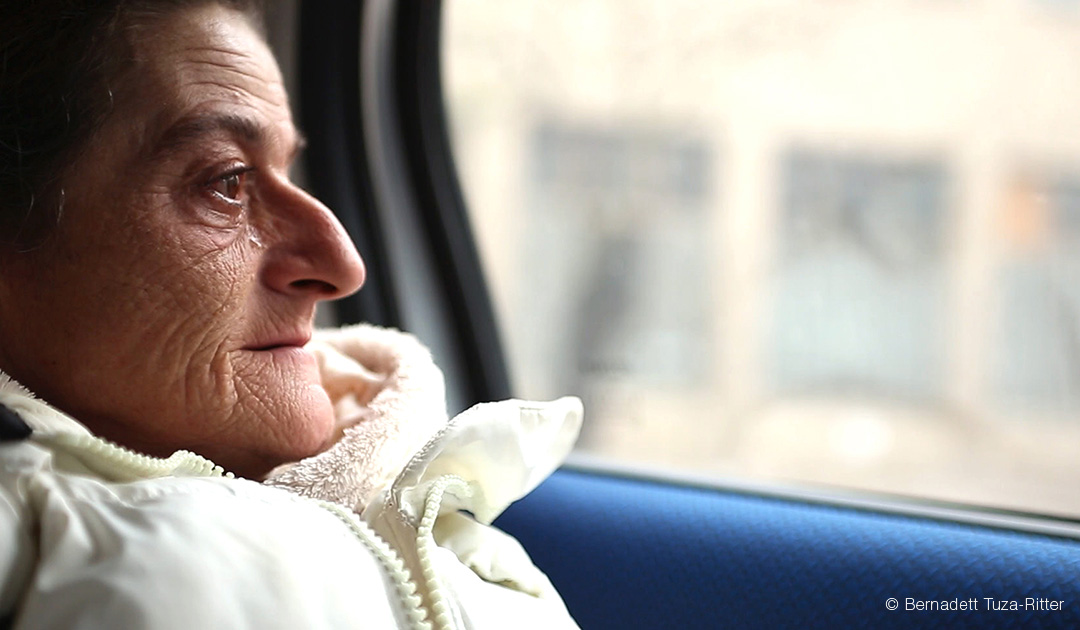
Your documentary’s producers came in at the very end. What compelled Julianna Ugrin and Viki Reka Kiss of Éclipse Film to produce your documentary?
Some producers love to participate in creative decisions, and I am open to listening to them, but I keep my decision. With Julia [Julianna Ugrin], I know I can keep my creative freedom, which is why I chose her.
Julia came on board during the escape, and Viki [Viki Reka Kiss] joined us a few months later, after which they started raising money for the film (up until the end, I was paying for everything).
We also participated in a workshop called dok.incubator—a post-production workshop; they helped us a lot by building the storyline in the editing process, marketing, and other areas.
A Woman Captured had a worldwide release. Where can viewers watch the entire film?
Yes, the film has travelled worldwide and is part of a huge campaign against modern-day slavery.
The film is sold on different platforms in different countries.
Of the many awards bestowed on you, does one hold significance and why?
I don’t prioritise one over the other of the 36 awards the film has received, as winning the Best Film Director award is as important as the audience receiving the film. It’s a great happiness to receive such acclaim.
And how are you handling this level of applause bestowed for your first documentary?
My focus while making A Woman Captured was not acclaim. I was happy to help Edith escape her captors and document her journey. Also, I wasn’t sure if I could release the footage because Edith’s captors didn’t know the real topic of the film while I was shooting there, and I feared how they would react. After the release, they were really upset.
Of course, I was over the moon that the film was successful. It feels great to know that I was right in my decisions. There were other important issues during this process; for instance, we contacted organisations that deal with modern-day slavery to help them know this phenomenon exists.
You say: “I thought in the last ten years, everyone told her [Edith] what to do. So I really didn’t want to tell her what to do. Of course, I tried to show her that she’s a really strong woman who would be happier if she starts a new life.” It takes a woman of strength and sensitivity to extend the same to another human being. Thank you, Bernadett, for being this individual.
Thanks a lot for watching the film [A Woman Captured] and for writing about the film.
